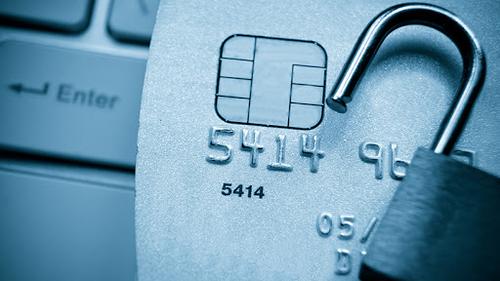411
FNB Warns South Africans of Online Shopping Fraud Ahead of Easter Surge

As South Africans gear up for Easter and the surge in online shopping that comes with it, First National Bank (FNB) has issued a strong warning to customers: stay alert and shop smart to avoid online fraud.
FNB is urging customers to only shop with trusted, secure online merchants as fraudulent websites continue to pop up, mimicking legitimate retailers with nearly identical web addresses to deceive shoppers.
“These websites are designed to trick people into entering their card details, which criminals then use for account testing or enumeration,” said Chris Boxall, Head of Industry and Fraud Detection at FNB.
While FNB’s internal fraud detection systems have blocked many of these fraudulent attempts, the bank warns that criminals are evolving and getting more sophisticated.
Spike in Online Shopping, Rise in Risk
FNB’s recent data reveals that online spending grew by 47.12% year-on-year in 2024, far outpacing the 24.19% growth seen in physical stores. Ahead of Easter, virtual card payments grew by 134%, while physical card usage dropped by nearly 11%.
Spending is expected to grow by more than 8% this Easter, with categories such as accommodation, flights, fuel, clothing, and DIY hardware seeing the biggest upticks.
With this boom in e-commerce, criminals are using the opportunity to trap unsuspecting consumers through:
-
Fake websites with similar URLs
-
Phishing emails and SMS scams
-
Bogus courier fee payment requests
FNB’s Tips to Stay Safe Online
To protect yourself, FNB recommends following these online shopping safety tips:
-
Use your FNB virtual card with a dynamic CVV that changes every hour for added security.
-
Only enter card details when finalising a purchase.
-
Look for the secure padlock icon and ‘https’ in the URL.
-
Avoid clicking on links in emails or messages — rather type the web address yourself.
-
Never share passwords, OTPs, or banking details with anyone.
-
Don’t save passwords on your phone.
-
Report stolen or lost devices with banking apps to the bank immediately.
-
Regularly check your bank statements and in-app notifications for suspicious transactions.
-
Use two-factor authentication and reliable antivirus software.
-
Avoid using public Wi-Fi for financial transactions.
Criminals Are Getting Smarter — So Should You
Boxall emphasised the importance of staying educated about evolving scams and immediately reporting suspicious activity through FNB’s official channels.
“We urge consumers to always protect their personal information and to use any of our banking interfaces to report suspicious transactions,” he said.
With Easter just around the corner, South Africans are advised to stay vigilant and shop smarter to keep fraudsters at bay.
{Source: BusinessTech}
Follow Joburg ETC on Facebook, Twitter , TikTok and Instagram
For more News in Johannesburg, visit joburgetc.com



























